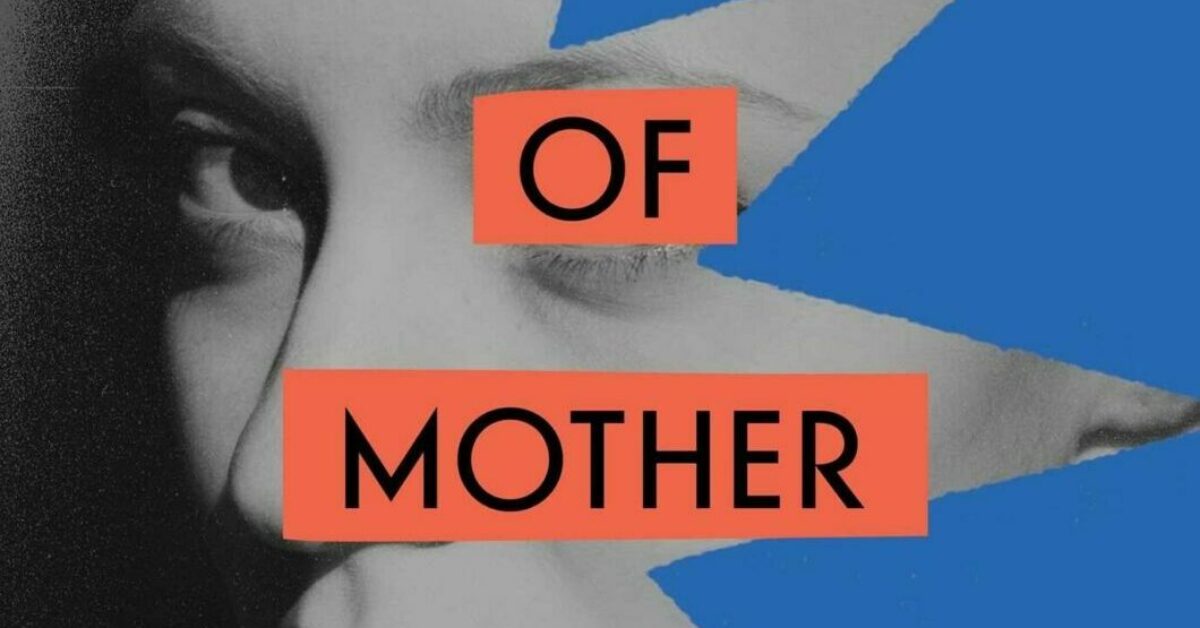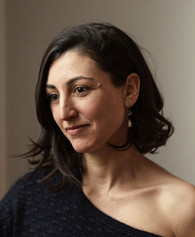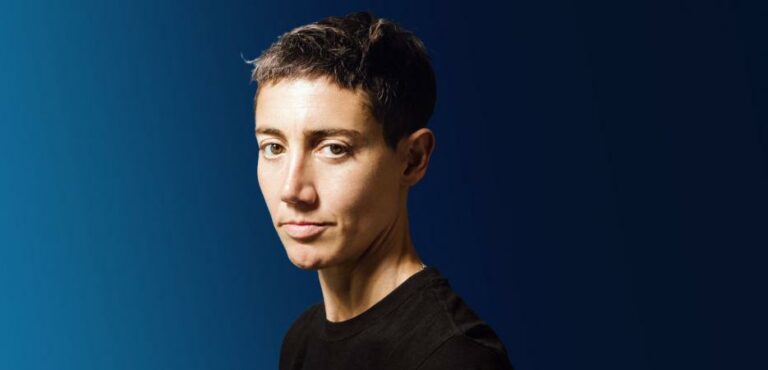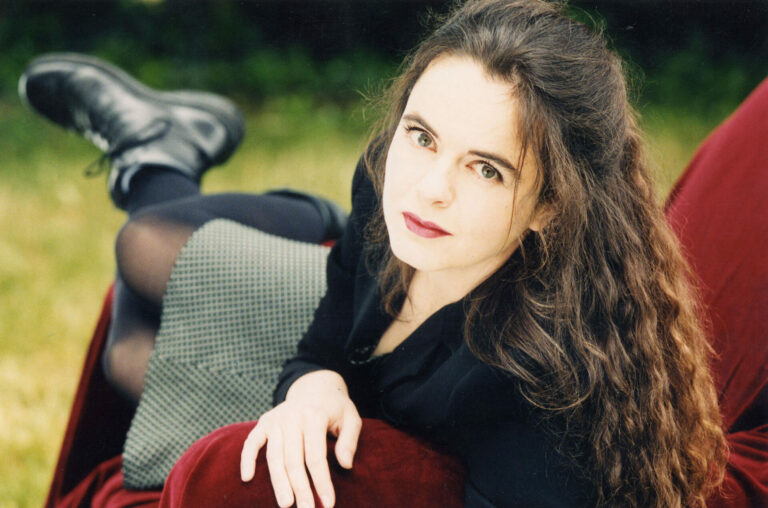Oh, the monstrous mothers of literature! Medea, Queen Gertrude, Charlotte Haze, Eleanor Melrose, the child-abandoning Leda in Elena Ferrante’s The Lost Daughter, the withholding matriarchs of Elizabeth Strout novels, the near-filicide in Mary Karr’s The Liar’s Club.
At first, it seems as if Catherine in Violaine Huisman’s exquisitely written debut novel, The Book of Mother, will be a candidate for this list. The novel, which won multiple prizes when first published in France in 2018 under the title Fugitive parce que reine, has been beautifully translated by Leslie Camhi for the 2021 American version.
The main character, Catherine (or Maman to her two daughters), is everything a mother is not supposed to be: alternately abusive and affectionate, difficult, foul-mouthed, irresponsible, self-involved, erratic, drug-addicted, and mentally ill. Fiction often treats such mothers as villains or, if the mother is herself a victim, with grudging empathy.
Violaine Huisman’s approach, however, is different, prismatic, as she considers Catherine from the three different points of view that form Parts 1, 2, and 3 of this short work of autofiction. Initially, Huisman describes the year when she was ten and her mother had a breakdown following the collapse of a marriage. She screams at Huisman, “You self-righteous little shit, if only you knew much I’ve done for you! You ingrate!” Maman’s favorite phrase is “Fuck off!” As comically awful as Catherine’s tirades are, Huisman and her older sister agonize when she disappears for an extended stay at a psychiatric hospital.
Rather than dismiss her mother, as so many others have, Huisman uses Part 2 to omnisciently narrate Catherine’s life. “To give shape to (my mother),” Huisman writes at the close of Part 1, “I had to imagine her, interpret her. I had to become the narrator of her story in order to give her back her humanity.”
Huisman’s novel hews closely to details of Catherine and Huisman’s biographies, but it is not a fact-check-able document. In interviews, Huisman speaks of the “actual” truth as too chaotic to shape into a narrative and of memory as always being a partial fiction. She uses her own, her sister’s, and her mother’s names throughout, but invents some things, including the names of the other characters.
From the start, Catherine’s history is dark, her conception the result of a rape. When just a teen, Catherine’s mother is violently attacked by her date in an alleyway. Wanting to avoid the shame of the subsequent pregnancy, Catherine’s grandparents force their daughter to marry her rapist. Perhaps as a result, Catherine’s mother hates her child, and Catherine (subsequently also raped by her father) grows up unloved and damaged by lack of care. She is maltreated by other authority figures and (further) brutalized by men, her extraordinary beauty proving more liability than asset.
Catherine’s own missteps add to her troubles. Despite an initially happy first marriage and success as a dance teacher, Catherine accepts a different man’s promise of economic comfort and new life experiences. This choice leads to adventures but also the first of many traumatic upheavals.
The final third of the book returns to Huisman’s point of view but fast-forwards to Huisman’s adulthood in Brooklyn, when she is living far from her mother. On learning of her mother’s death, Huisman goes with her sister to Senegal to take care of affairs and get a final glimpse of how her “impossible” and “irresistible” mother lived.
By the close, The Book of Mother reads more as love letter than j’accuse. Catherine was troubled yet magnetic, independent but victim to the worst of male violent impulses. Huisman’s profound compassion, despite what she suffered at her mother’s hands, is both moving and shocking, as if Medea’s sons came back from the dead to say, “Actually, I get it. I get why she did it.” Though we might not wish for all murderers to be so exonerated, it’s hard not to wish for more mothers to be so well understood.
Debra Spark’s most recent books are And Then Something Happened: Essays on Fiction Writing and the novel Unknown Caller. She co-edited Breaking Bread: Writers from New England on Food, Hunger and Family, which is came out in spring of 2022. She teaches at Colby College and in the MFA Program for Writers at Warren Wilson.







